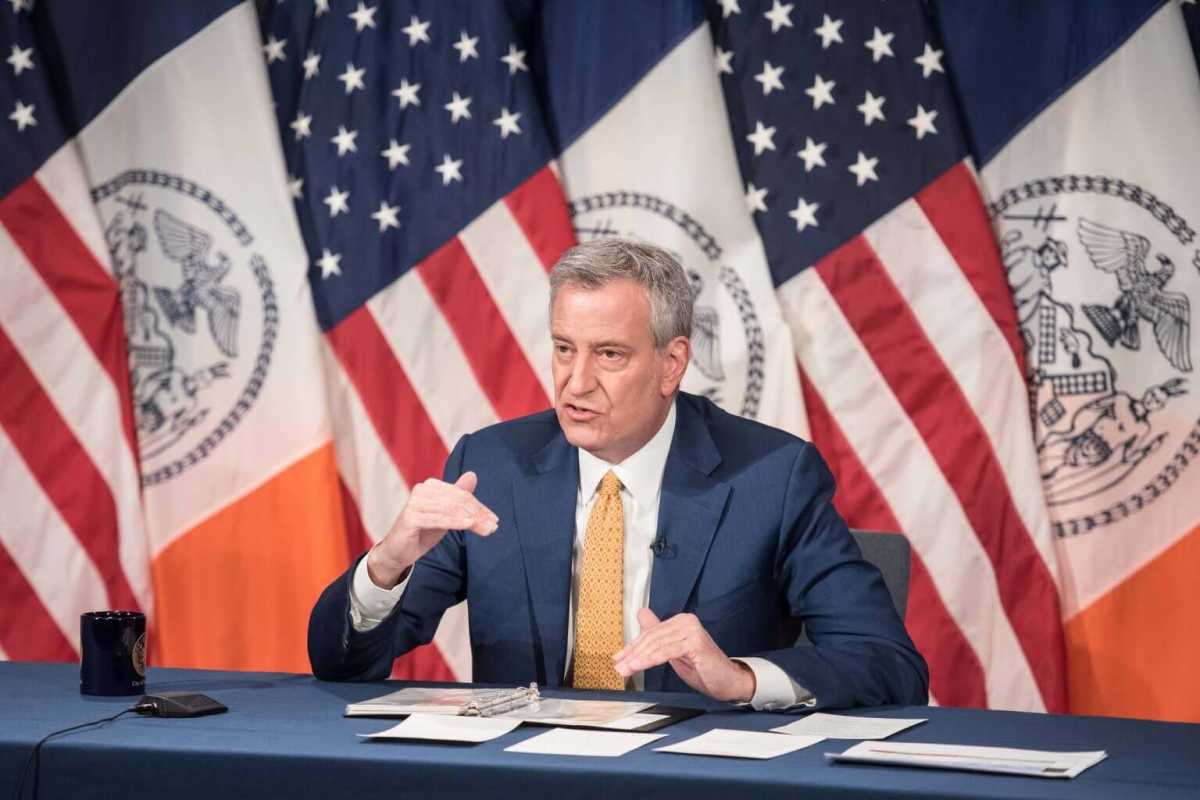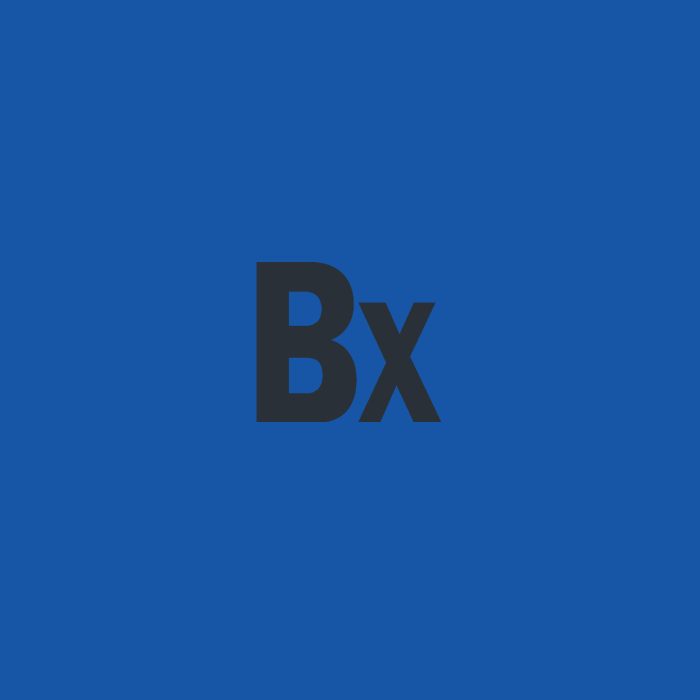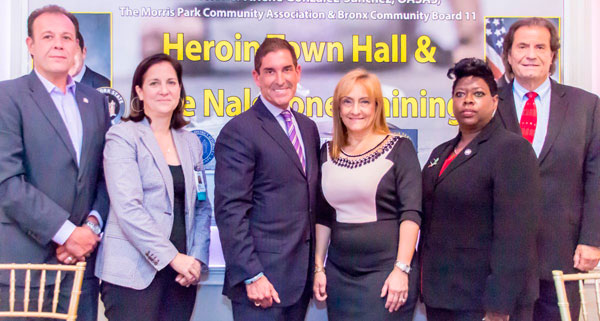A package of COVID-19 relief bills which were passed by the City Council two weeks ago, will be signed into law by the mayor next week.
On May 26, Bill de Blasio will officially approve the measures created by elected officials, including three from the Bronx.
The legislation will remain in effect for the duration of the state of emergency and an additional 90 days thereafter.
“New York City took a monumental step towards protecting locally owned restaurants struggling to stay afloat during the global COVID-19 pandemic,” said Mark Gjonaj chair of the small business committee. “There is no question that this package of third-party food delivery reform laws will save jobs and the locally owned businesses that make our city and neighborhoods special. While restaurants struggle to keep their doors open, third-party delivery platforms have enjoyed record profits during this crisis.
“And while I don’t begrudge any company the right to make a profit, to do so on the backs on small businesses during this health crisis is the opposite of what it means to be a good corporate citizen. Both the commission cap and erroneous phone-order fee laws will go a long way towards righting a wrong that puts small mom-and-pop eateries at an unfair disadvantage in their relationship with venture capitalist-backed Silicone Valley tech behemoths. I remain confident and committed that the complete package of permanent delivery reform bills introduced to the Council earlier this year will be passed into law in short order.”
Gjonaj sponsored four bills, including two that would cap the amount of commission a third-party delivery service is allowed to charge at 15 percent per order for delivery and 5 percent per order for all other types of charges. Another bill would prevent third-party delivery platforms from charging restaurants for telephone orders that did not result in a transaction.
Andrew Cohen, chair of the Consumer Affairs and Business Licensing Committee, sponsored a bill that would require the city to waive and/or refund all revocable consent fees for unenclosed sidewalk cafes due between March 1, 2020 and Feb. 28, 2021. Enclosed sidewalk café consent fees would be waived for the duration of the Mayor’s Emergency Executive Order.
Though sidewalk café consent fees vary depending on the size, location and whether it is enclosed or unenclosed, they cost businesses citywide thousands of dollars annually. Most restaurants pay these fees in a four-part installment plan over a one-year period at a monthly interest rate of 1.5 percent. Given the significant losses restaurants have suffered, many will not have the ability to pay the remaining payments.
Ritchie Torres, chair of the Council’s Committee on Public Housing, sponsored a bill that will expand the definition of harassment to include threats against an individual based on their status as a COVID-19 impacted person, their status as an essential employee, or their receipt of a rental concession or forbearance. Violations of this legislation would be punishable by a civil penalty of $2,000 to $10,000.


























